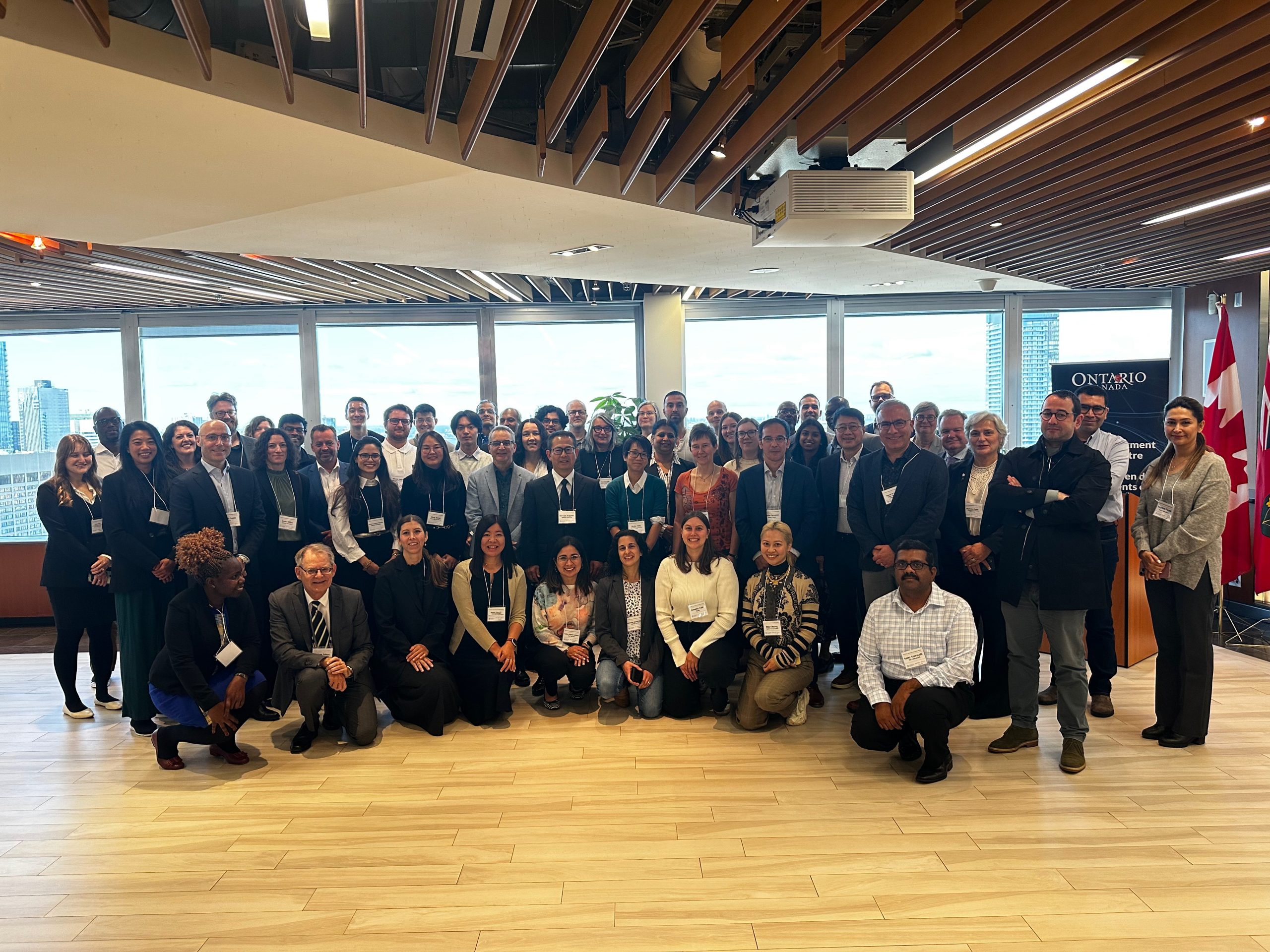The Cultivated B Spoke to the FAO of the United Nations Experts to Promote Biomanufacturing Revolutions

TORONTO, ONTARIO, CANADA, OCTOBER 11, 2024 – The Cultivated B (TCB) followed the call to the stakeholder roundtable meeting on cell-based food production and precision fermentation co-organized by the Food and Agriculture Organization of the United Nations (FAO) and the Department of Agriculture and Agri-Food Canada (AAFC). As one of the selected presenters, TCB and its Canadian subsidiaries n!Biomachines and Prefer Industries, took the opportunity to outline the latest developments of technologies and techniques.
On 10 October 2024, a total of 25 stakeholder presenters from various parts of the world gathered in Toronto, Ontario, Canada, for a global meeting on cell-based food and precision fermentation. The meeting welcomed more than 60 participants, including representatives from various departments and agencies of the Government of Canada, to discuss various technical issues around foods derived from cell culturing and precision fermentation. The meeting was hosted by AAFC and held at the Ontario Investment and Trade Centre.
Dr. Hamid Noori, founder and CEO presented an insightful introduction to TCB and its Canadian subsidiaries, n!Biomachines and PreFer Industries. At the forefront of sustainable innovation, the company is dedicated to reducing reliance on natural resources, promoting a sustainable future at local, regional, and global scales. Dr. Noori focused on cutting-edge developments in scalable and sustainable alternative protein production, emphasizing cellular agriculture and precision fermentation for both cellular and acellular products.
“I look very much forward to illustrate how TCB and its subsidiaries is in process of revolutionizing biomanufacturing”, said Dr. Hamid Noori before the event. “My goal is to offer a comprehensive view of the technologies and strategies shaping the future of sustainable protein production – elevating cellular agriculture to new heights.”
“I am pleased that The Cultivated B (TCB), a Canada-based expert in the cellular agriculture industry, has responded our call for presenters to speak at this year’s stakeholder roundtable,” said Masami Takeuchi, Food Safety Officer at FAO. “In addition to discussing food safety and regulatory landscapes, I believe it was critical for the meeting participants to be able to have hands-on experience to learn about the technologies that contribute to the industry growth and commercialization. We are grateful that TCB has welcomed the interested participants to visit the facility to observe real-life applications of such technologies.”
On 11 October 2024, TCB and its subsidiaries welcomed the roundtable participants at their manufacturing and scaling facilities in Burlington, Ontario. The tour aimed to illustrate key technologies to overcome growth barriers and scale up alternative protein production in the cellular agriculture industries. As part of the tour, Sepideh Torabi, Plant Biologist at PreFer Industries, highlighted advancements in the field of plant biology and molecular farming. In addition, the participants visited the facility’s Bioengineering Hub, which aims to provide entrepreneurs and start-ups with access to laboratory space, pilot-plant bioreactors and, if needed, mentorship, to test and scale up their products.